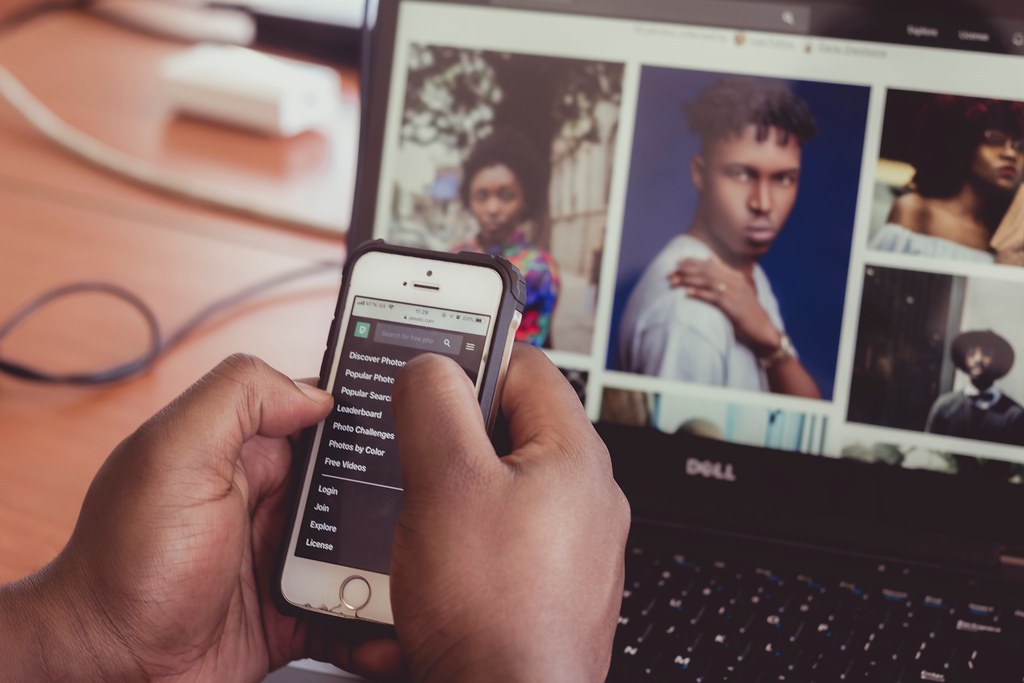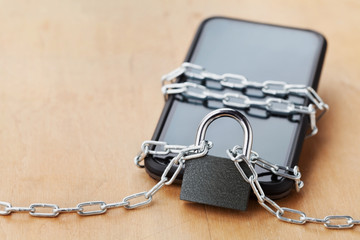We live in an age where we do virtually everything online because technology is our next-door neighbor. However, tech overuse can have a severe toll on mental health.
Since the invention of iPhones and Android devices, physical human interactions have significantly reduced to the barest minimum. Statistics show that over 47% of Americans are smartphone addicts.
Become an insider. Subscribe to our newsletter for more top trending stories like this!
Research shows that smartphone addiction is a new disorder that creates feelings of “disconnection” from society and other mental health problems, including sleep deprivation, increased stress levels, depression, and anxiety.
Thus, a digital detox is essential to reduce overall dependency on technology and online life, nurture ourselves, and care for others.

In this article, you’d learn how to do a digital detox, find balance in your daily living, and improve your well-being.
But first, let’s understand what a digital detox is and how to perform one.
What is a Digital Detox?
According to the Oxford Languages Dictionary, detox is a period in which one abstains from or rids the body of toxic or unhealthy substances. Similarly, in a digital detox, you set a time to avoid using your digital devices, such as your smartphone or computer.
The objective is to ensure that you focus on real life or enjoy moments with people rather than live like a tree on the internet.
8 Tips on How to do a Digital Detox as a Novice
- Deactivate the notifications of unimportant applications

Some of the applications on your phone are unimportant. So, you can do without checking such notifications for an hour or two.
To avoid checking every piece of content that appears on your notification panel, deactivate notifications of unimportant apps and use the Do Not Disturb feature regularly.
- Take breaks in-between screen times and away from screens
If your job requires you to sit in front of a computer screen for long hours, you need to have little breaks in between. During these breaks, endeavor to avoid screens because it encourages tiredness. However, you can take a stroll or a mini workout – do anything that doesn’t keep you glued to the screen again.
Also, you can observe the 20-20-20 rule (i.e., look away for 20 seconds at an object that is 20 feet away for every 20 minutes spent on the screen).
Become an insider. Subscribe to our newsletter for more top trending stories like this!
- Embrace the idea of living in nature
Spending time in nature will rejuvenate you no matter how stressed or anxious you are after a long day or week. You can engage in physical activities around nature, such as hiking, camping, bird watching, etc. This lifestyle will keep you worry-free and less dependent on your digital devices.

- Spend less time on your phone
The less time you spend with your phone, the less addicted you become to your phone. Rather than spend time on your phone, hang out with friends, and meet new people. You’ll experience a tremendous effect on your mental well-being.
- Give yourself a digital vacation
We live on the internet because everything happens there, from bustling Twitter feeds to ludicrous TikTok videos. However, spending extended periods on social media might cause emotional stress. Therefore, take some time off social media or your digital devices.
One easy way to do this is to designate a day of the week when you go off social media or switch off your phone completely for at least 16 hours while engaging in meaningful social activities like spending time with friends and family, visiting a park, hiking, etc.
- Avoid the habit of going online when you wake up — or sleeping after you dropped the phone
If you stay out of reach of your phone often, you’ll not fall victim to this trap. Once you wake up, there’s a moment of sleep inertia (i.e., an individual’s transition to wakefulness where he experiences drowsiness or impaired cognitive performance), and the brain is yet to recover fully.
Also, going to bed after you drop the phone is dire as the blue light from your phone affects your sleep behavior. Thus, give yourself at least one hour after you drop the phone to sleep.
- Rejuvenate the reader in you

This tip is one of the best ways to detox because spending time on your digital devices limits your engagement in non-digital activities. Hence, it is vital to devote time to reading a book, at least 30 minutes daily. This habit will decrease your dependency on digital devices.
- Get active!
By engaging in exercises often, you will improve your general well-being (psychologically & physically). Thus, when you spend more time in the gym, trekking, running, etc., to enhance your well-being, you’d refrain from using your smartphone or other digital devices.
Read Also: 30 Simple Self-Care Tips to Try if You Work From Home
Become an insider. Subscribe to our newsletter for more top trending stories like this!





